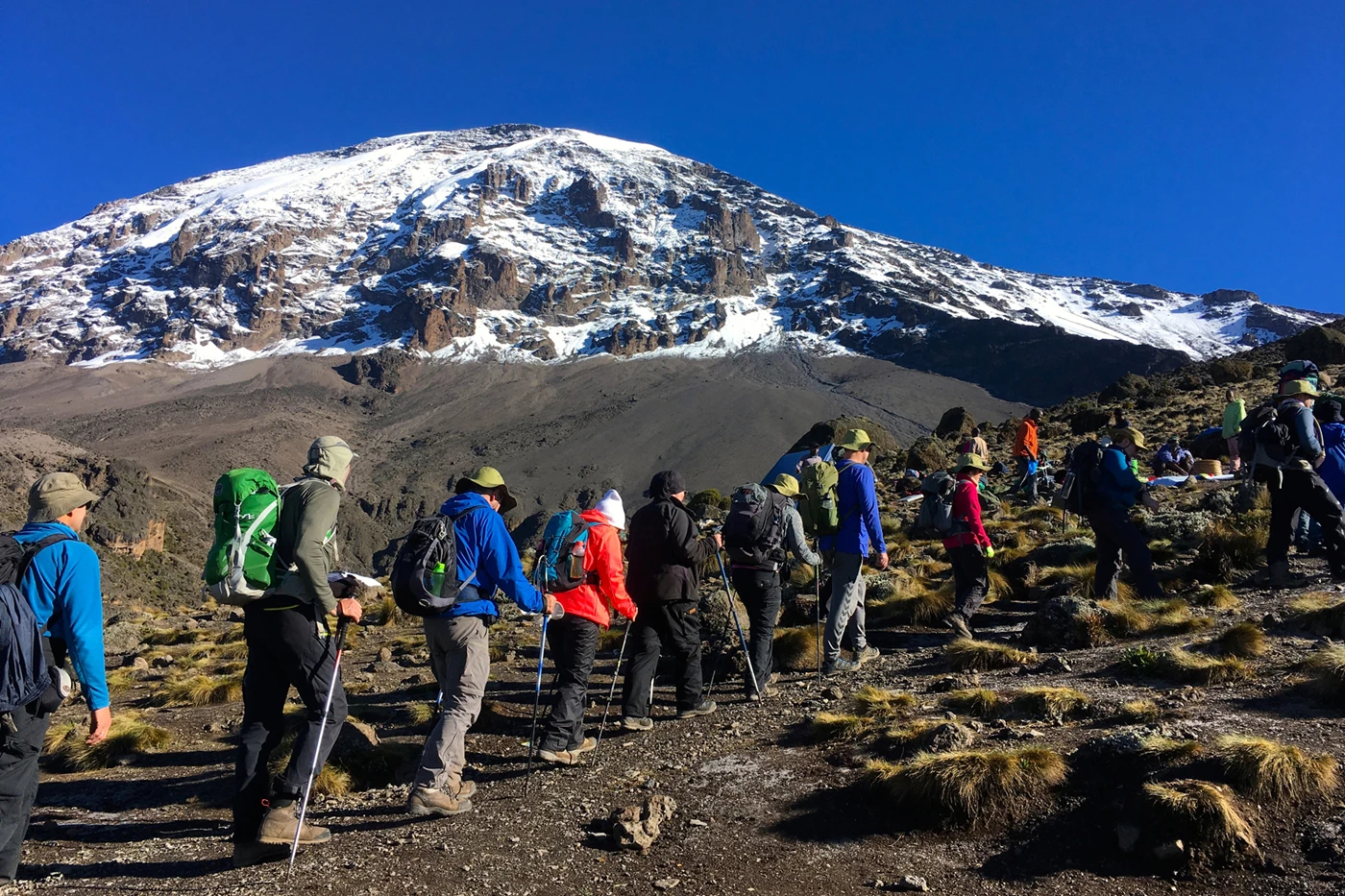July 21, 2024
By
admin
Budget vs Luxury Kilimanjaro Packages—Which One Is Right for You?
Climbing Mount Kilimanjaro is a life-changing experience—but how much should you spend on it? While many adventurers focus solely on reaching the summit, the quality of your trekking experience matters just as much. From the type of tent you sleep in to the meals you’re served, your choice between a luxury or budget Kilimanjaro package can shape your journey in dramatic ways.
In this guide, we break down everything you need to know: the real differences, what’s worth the splurge, what’s optional, and how to decide what’s best for your goals, fitness, and budget.
What Is a Budget Kilimanjaro Package?
A budget Kilimanjaro climb focuses on essentials. It includes everything you need to safely summit—no frills, no extras.
✅ What’s Typically Included:
- Government park fees & camping fees
- Basic tents and sleeping mats
- Group gear (dining tents, utensils)
- Basic meals (local cuisine, rice, stews)
- Certified local guides and porters
- Pre-climb briefing
- Basic transfers from Arusha or Moshi
🚫 What’s Not Included or Basic:
- Thin sleeping pads (bring your own sleeping bag)
- Shared tents without insulation
- No portable toilet (use public toilets on the mountain)
- Simple food, limited variety
- No extra acclimatization days (unless added)
- Limited comfort post-climb (e.g. budget lodging)
What Is a Luxury Kilimanjaro Package?
A luxury Kilimanjaro package is designed for comfort, safety, and personalized service. These packages go beyond basic logistics and make the mountain feel more like an expedition than a survival challenge.
What’s Included in a Luxury Package:
- Spacious walk-in tents with thick sleeping mattresses
- Private toilet tents
- Hot meals prepared by professional chefs
- Oxygen tanks and medical monitoring
- Larger crew-to-client ratio
- Extended acclimatization days
- Private airport transfers and pre-/post-climb lodge stays
- Gear rental included (jackets, sleeping bags, poles)
- Personal summit porters
Side-by-Side Comparison: Budget vs Luxury Kilimanjaro
| Feature | Budget Package | Luxury Package |
|---|---|---|
| Tents & Sleeping Setup | Shared dome tents with basic foam mats | Large walk-in tents, insulated mats, and thicker mattresses |
| Meals | Simple hot meals | Multi-course meals with fresh ingredients and dietary options |
| Toilet | Public mountain toilets | Private toilet tents |
| Support Staff | Basic crew (guide + porters) | Larger support crew, personal porter |
| Acclimatization Time | Minimal (shorter routes) | Extra days for gradual ascent |
| Safety Gear | Basic first-aid | Oxygen, pulse oximeter, daily health checks, satellite phone |
| Pre/Post Accommodation | Budget hotel or hostel in Moshi/Arusha | 4-star lodge or boutique hotel with private room and hot shower |
| Overall Experience | No-frills climb focused on summiting with the basics covered | A smoother, more enjoyable journey with comfort, attention, and less physical stress |
| Cost | $1,500 – $2,500 | $3,000 – $5,000 |
🎯 Which Should You Choose?
| Choose Budget If: | Choose Luxury If: |
|---|---|
| You’re fit, experienced, and don’t mind roughing it | Comfort, hygiene, and sleep quality are important to you |
| You want to summit without breaking the bank | You want personalized care, more privacy, and better food |
| You’re okay with basic meals, tents, and shared toilets | You’re trekking for a once-in-a-lifetime experience |
| You're going with friends or a large group | You’re older, with family, or need medical monitoring |
The real difference between a luxury and a budget Kilimanjaro climb isn’t just the cost — it’s the overall quality of your experience.
Final Take: Budget or Luxury?
Your Kilimanjaro trek should match your comfort level, expectations, and budget. A budget package will get you to the summit, but a luxury climb will make the journey more enjoyable every step of the way.

